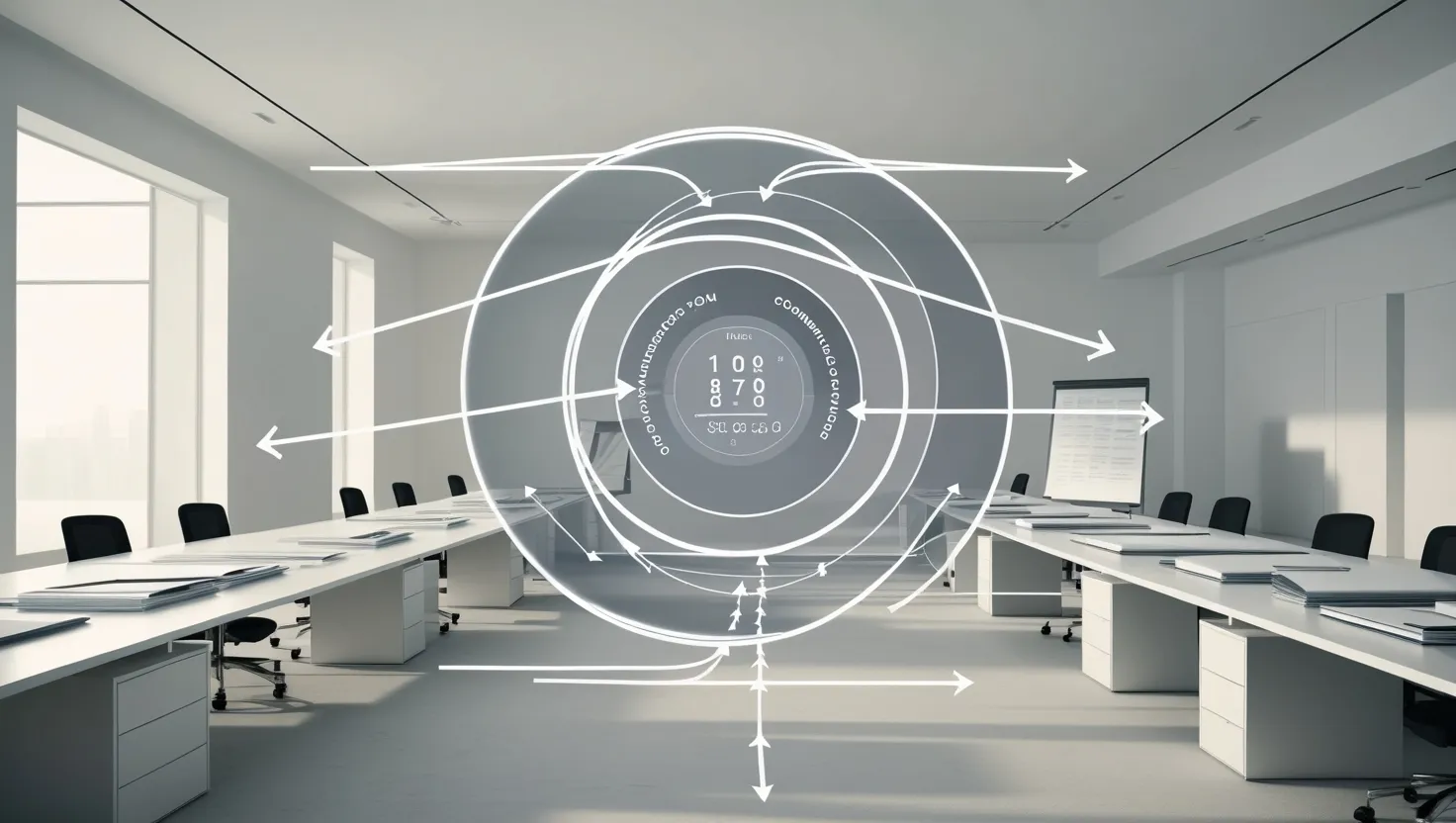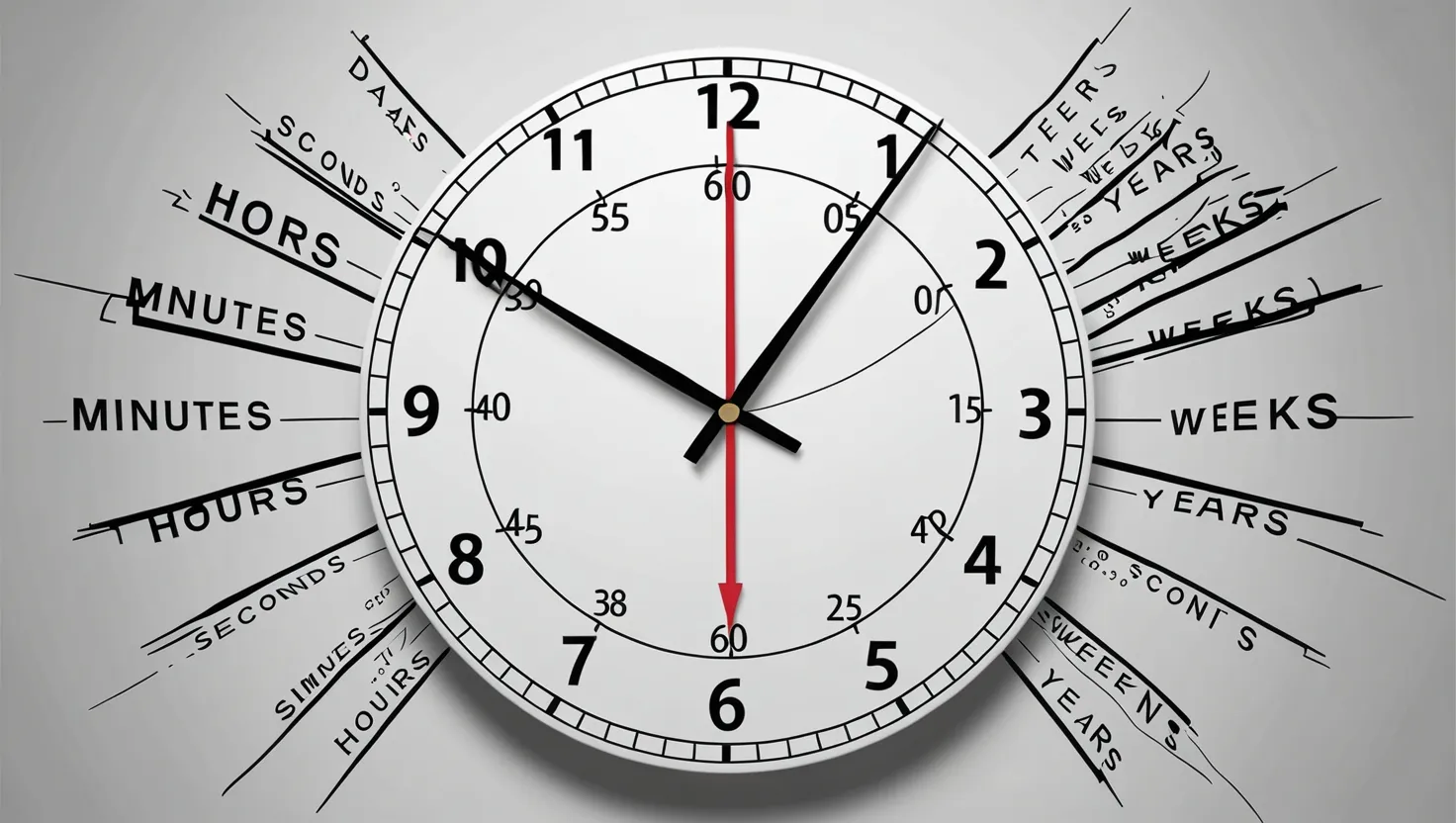We live in a time where our digital buddies are always just a tap away. From constant notifications to endless social media updates, our screens have become a part of our daily rhythm. But, all this screen time isn’t doing our health any favors, both mentally and physically. This is where the idea of taking a digital detox steps in—a deliberate pause from our devices designed to clear our minds and boost our overall well-being.
The Urgency of a Digital Detox
Think about it, do you know how much time you actually spend staring at a screen? On average, Americans clock in roughly seven and a half hours on digital devices each day. That’s a hefty chunk of time that could be better spent elsewhere. Excessive screen time has been linked to issues like poor sleep, anxiety, depression, and even physical health problems such as weight gain and lack of exercise.
Why Unplugging Matters
Taking a break from technology comes with a boatload of benefits. First up, it can drastically improve your sleep. The blue light from our screens tricks our bodies into staying awake by messing with our melatonin production, the hormone that regulates sleep. Cutting back on screen time allows our bodies to produce melatonin naturally, which leads to a better night’s rest. Another major perk is the improvement in relationships. Without the distraction of devices, conversations with family and friends become more meaningful and engaging.
Boosting Mental Health
Constant connectivity, especially through social media, can be a sneaky trigger for anxiety and depression. The endless cycle of comparing oneself to others online often deflates self-esteem. Additionally, negative experiences like cyberbullying or the pressure to maintain a perfect online persona can be draining. Taking a break from these platforms throws a wrench into this spiraling negative cycle, giving your mind a much-needed breather.
Productivity: The Instant Win
Perhaps the most immediate and noticeable benefit of a digital detox is a spike in productivity. With fewer distractions from your phone or social media, your focus sharpens. Tasks get done faster and more efficiently. Whether you’re preparing for an exam or grinding through a work project, cutting out digital noise helps you stay on track and knock out goals with greater ease.
Starting Your Digital Detox Journey
Going on a digital detox doesn’t mean you have to go all-in from the start. Baby steps can do wonders. Begin by turning off your phone for a couple of hours each day or limit your social media checks to certain times. Establishing device-free zones, like during meals or in the bedroom, can also pave the way. For those aiming for a deeper cleanse, try a weekend or even a week-long detox. This might involve avoiding all gadgets or sticking to only necessary tasks.
Bringing It to Life
Picture your usual evening, where you spend hours scrolling through your phone before bed. Now imagine swapping that time for reading a book or diving into a hobby. This little tweak helps you wind down more naturally, prepping you for a sound sleep. Similarly, putting away your phone during meals can lead to richer conversations with loved ones, strengthening bonds and creating a sense of community.
Tackling the Urge to Check
One of the biggest hurdles in a digital detox is fighting off the compulsive need to check your phone or social media. On average, Americans check their phones about 96 times a day—a habit that’s more reflex than necessity. You can combat this by setting specific times for checking messages or notifications, curbing the impulse for mindless scrolling.
Experiences That Speak Volumes
Research indicates that participants in digital detox ventures often report feeling calmer and more satisfied with life. A two-week social media detox showed improvements in sleep, general life satisfaction, decreased stress, and even better relationships among young adults. These positive outcomes highlight the potential wins from regularly stepping back from our devices.
Mixed Research and the Road Ahead
While many studies show that digital detoxes can yield positive results, the findings aren’t always unanimous. The effectiveness of a detox may depend on various factors like the duration of the detox, types of devices avoided, and individual levels of technology-related stress. This suggests a need for further research to truly understand the optimal conditions and full benefits of digital detoxing.
Practical Steps for Detox Success
Thinking about taking the plunge into a digital detox? Here are a few tips to set you up for success:
- Set Clear Goals: Define what you want to get out of your detox. Do you want less screen time or better sleep? Set specific goals to guide you.
- Create a Schedule: Plan when you’ll use your devices and stick to it. This might mean device-free times or entire days.
- Find Other Activities: Fill the time you would spend on devices with hobbies, reading, or outdoor activities.
- Inform Your Circle: Let friends and family know about your digital detox. This helps them understand why you might not be quick to respond.
- Be Flexible: It’s okay to slip up. The key is consistency and making steady progress towards your goals.
Wrapping It Up
In an era where tech is woven into every part of our lives, stepping back from it through a digital detox can be a game-changer for your mind and body. By understanding the benefits and employing practical strategies, you can make tweaks that genuinely enhance your life. Whether it’s a short break or a more extended hiatus, unplugging allows you to reconnect with the world around you and strike a healthier balance in our tech-saturated age.






